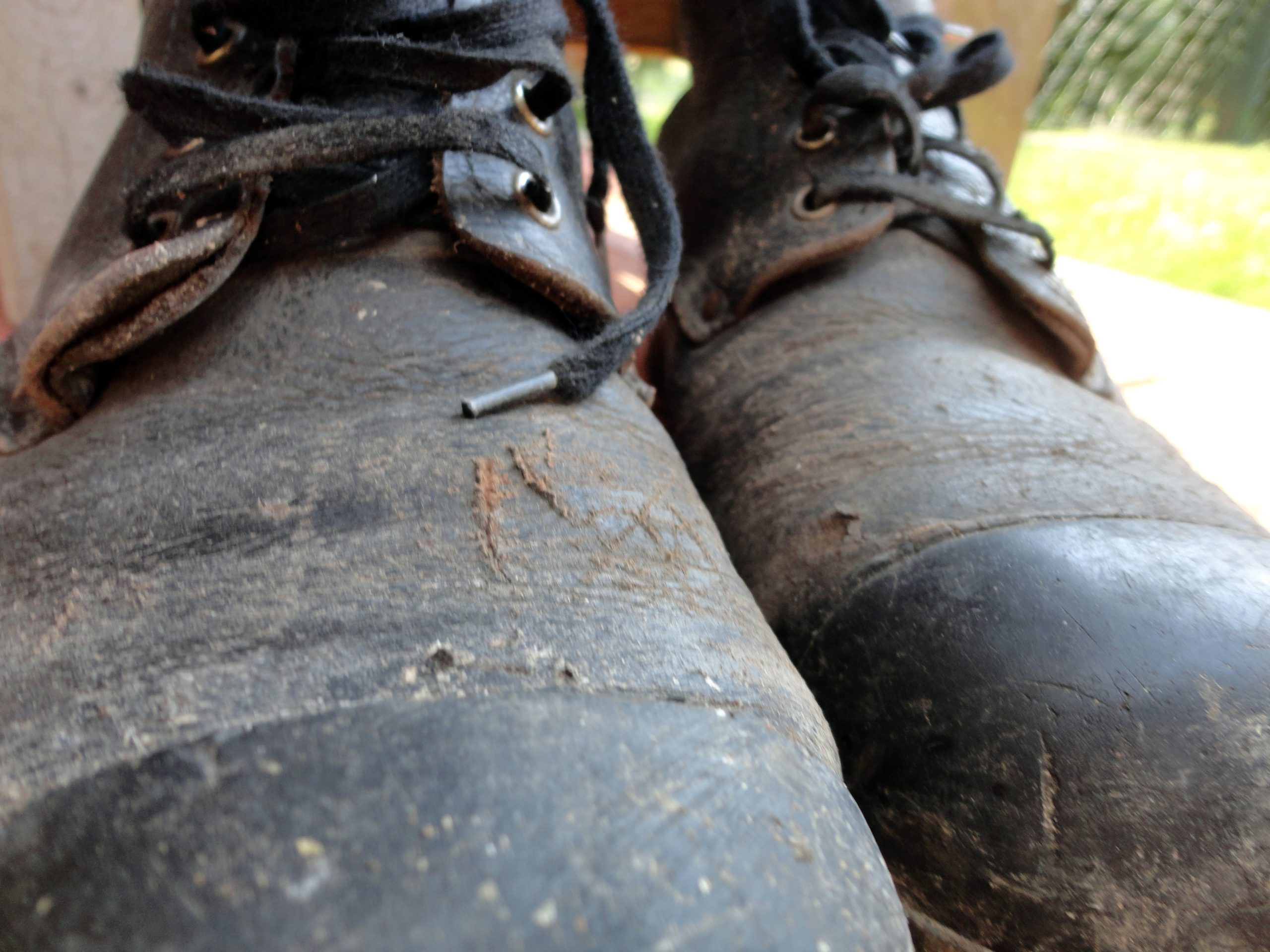 Medical testimony is an essential part of determining whether an injured worker has a valid claim. What happens if the doctors’ diagnoses conflict and they reach different conclusions about whether an injured worker can return to work?
Medical testimony is an essential part of determining whether an injured worker has a valid claim. What happens if the doctors’ diagnoses conflict and they reach different conclusions about whether an injured worker can return to work?
Maxine Hall worked as a housekeeper for Global Solution Services. While working for Global at a hotel, a door closed on her foot. She went to the emergency room, where a doctor told her she did not have any broken bones. However, another doctor subsequently diagnosed her with a fractured toe.
Despite receiving medical treatment, Hall continue to suffer from pain in her foot. Hall received workers’ compensation benefits, but the benefits terminated approximately two years after the accident occurred. She then filed a Disputed Claim for Compensation against Global and Illinois National Insurance Company, its insurer. Hall sought to get her benefits reinstated. The Workers’ Compensation Judge dismissed Hall’s claims. Hall filed an appeal.
 Insurance Dispute Lawyer Blog
Insurance Dispute Lawyer Blog


 It is common to borrow a car from a family member or friend. If you are unfortunately involved in an accident while driving a borrowed car, who is liable for damages if the accident results from inadequate maintenance?
It is common to borrow a car from a family member or friend. If you are unfortunately involved in an accident while driving a borrowed car, who is liable for damages if the accident results from inadequate maintenance?  If you are considering filing a lawsuit, it is essential that you file it in the correct venue. Otherwise, the court may lack authority to hear your claim and will not be able to consider the merits of your case.
If you are considering filing a lawsuit, it is essential that you file it in the correct venue. Otherwise, the court may lack authority to hear your claim and will not be able to consider the merits of your case.  While workers’ compensation is intended to compensate injured workers, there are a number of procedural requirements with which an injured worker must comply in order for his or her company to cover the medical treatments. This case illustrates the importance of complying with procedural requirements and submitting all required paperwork.
While workers’ compensation is intended to compensate injured workers, there are a number of procedural requirements with which an injured worker must comply in order for his or her company to cover the medical treatments. This case illustrates the importance of complying with procedural requirements and submitting all required paperwork. One frequent use of contracts is to establish how much someone will be paid for specified work. Clear contractual language can help prevent disputes down the road. What happens if you do not receive all the compensation to which you are entitled under your contract?
One frequent use of contracts is to establish how much someone will be paid for specified work. Clear contractual language can help prevent disputes down the road. What happens if you do not receive all the compensation to which you are entitled under your contract? Over a decade after Hurricane Katrina, we have almost all heard of the difficult choices hospitals faced while trying to care for patients. This case involves a patient who was allegedly injured while being evacuated from a New Orleans hospital during Hurricane Katrina.
Over a decade after Hurricane Katrina, we have almost all heard of the difficult choices hospitals faced while trying to care for patients. This case involves a patient who was allegedly injured while being evacuated from a New Orleans hospital during Hurricane Katrina.  If you have been injured on the job, you might be entitled to workers’ compensation. In order to receive compensation, there are a number of procedural requirements with which you must comply.
If you have been injured on the job, you might be entitled to workers’ compensation. In order to receive compensation, there are a number of procedural requirements with which you must comply.  In order to recover under a homeowner’s policy, there are many requirements with which you must comply. One common requirement is providing the insurer with requested documentation and undergoing an examination under oath where the insurer can ask questions and gather information relevant to the claim. What happens if a homeowner delays undergoing an examination under oath?
In order to recover under a homeowner’s policy, there are many requirements with which you must comply. One common requirement is providing the insurer with requested documentation and undergoing an examination under oath where the insurer can ask questions and gather information relevant to the claim. What happens if a homeowner delays undergoing an examination under oath? No one should have to deal with sexual harassment in the workplace. If you are dealing with sexual harassment at work and you report it to your employer, you hope they will act on your report. How do actions taken by your employer affect your ability to recover for sexual harassment in court?
No one should have to deal with sexual harassment in the workplace. If you are dealing with sexual harassment at work and you report it to your employer, you hope they will act on your report. How do actions taken by your employer affect your ability to recover for sexual harassment in court? We have all heard the saying “time is of the essence.” This is especially true when you are filing a lawsuit. If you do not comply with the statutory requirements for how long you have to file a lawsuit, a court will be unable to hear your claim. Although certain exceptions apply that extend your timeline for filing a lawsuit, there are strict evidentiary requirements for these exceptions to apply.
We have all heard the saying “time is of the essence.” This is especially true when you are filing a lawsuit. If you do not comply with the statutory requirements for how long you have to file a lawsuit, a court will be unable to hear your claim. Although certain exceptions apply that extend your timeline for filing a lawsuit, there are strict evidentiary requirements for these exceptions to apply.